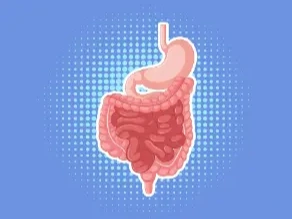Gastrointestinal disease is a very common and frequently occurring disease, with a wide range of types and a total incidence of about 20% of the population. The cause of gastrointestinal disease is the imbalance between the protective mechanism and the injury mechanism of the human body. While traditional medicine kills harmful bacteria in the stomach, it also kills the beneficial bacteria necessary for the stomach. Although the symptoms are alleviated and inflammation is eliminated, the reduction of beneficial bacteria reduces the gastrointestinal immunity. Once the drug is stopped, it is easy to re-infect. There are many reasons for stomach problems, including genetics, environment, diet, drugs, bacterial infections, etc., as well as smoking and excessive alcohol consumption. This collection of entries aims to collect various items related to the topic of gastrointestinal diseases, such as clinical care, case cases, disease research, etc., to help people increase their knowledge and understanding of this common disease
- 1.2K
- 06 Jul 2023
- 1.3K
- 01 Aug 2023
- 924
- 27 Jun 2023
- 1.3K
- 25 Jun 2023
- 1.1K
- 25 Jun 2023
- 929
- 21 Jun 2023
- 1.1K
- 15 Jun 2023
- 975
- 07 Jul 2023
- 814
- 09 Jun 2023
- 1.3K
- 02 Jun 2023

